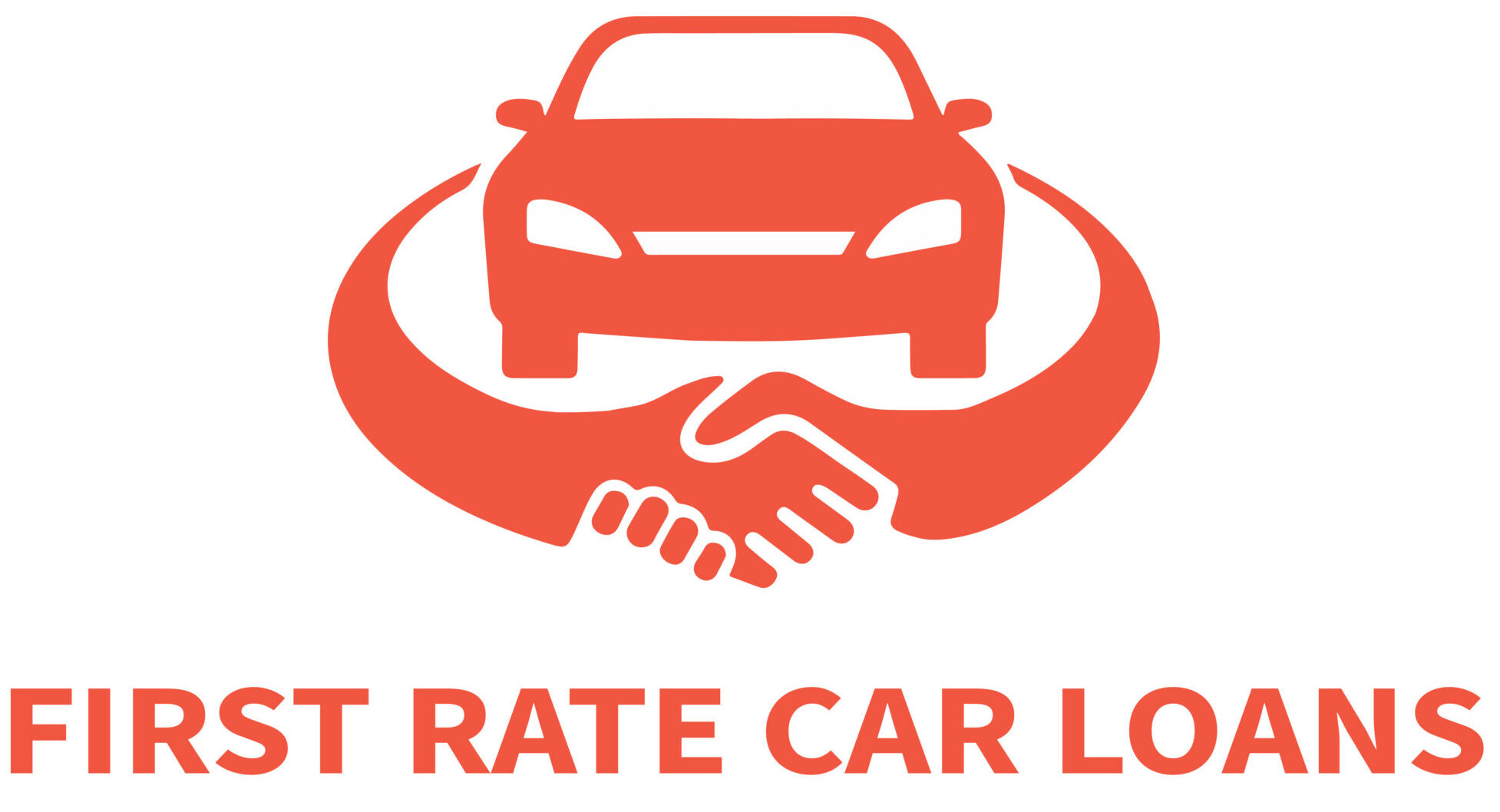After review of your budget and preparing your payment plan, you need to find the details of the debt collection company by examining your credit history. Your debt could have been sold and bought by several agencies; therefore, reviewing your most recent reports is vital. Notification of Editorial: Intuit Credit Karma receives the cost of third-party advertising. However, this doesn’t influence the opinions of our editors. Our third-party advertisers do not have the authority to review, approve or support the editorial material we publish. The content is accurate to the extent that we can tell when it was published.
How to make a payment to a debt collection agency
Double-check that you owe the debt. Even if you’re prepared to tackle your debt collection accounts, slamming the brakes is not a bad idea. The first step is to examine your Credit reports to find the most essential details regarding your credit score.
Does it constitute a crime for a debt collector to hound you?
No! By the Fair Debt Collection Practices Act, “a debt collector may not engage in any conduct the natural consequence of which is to harass, oppress, or abuse any person in connection with the collection of a debt.”
If you’ve received calls or threats, as well as repeated calls, we suggest seeking a lawyer before deciding on a debt payment plan. Also, you can file a complaint with a debt collection agency to the office of your state’s Attorney General, the Federal Trade Commission, and the Consumer Financial Protection Bureau. If your country has laws regarding debt collection that differ from those of the Fair Debt Collection Practices Act, The Attorney General’s office will inform you of the specific ways they differ.
Find out the amount you can afford to spend
Suppose you’ve decided that you need to pay back your debt. You’ll then need to consider how much to pay it back will cost.
Before speaking to the debt collector, review your budget to determine the amount you can pay.
It is crucial to follow this before, as not adhering to your repayment contract (or only paying a portion of the amount you are owed) could trigger your seven-year credit reporting period and start your legal liability.
The most appropriate payment option is dependent on your situation. In general, there are two options to pay.
Lump sum payments, or paying off all of your debts at once, is the most efficient method to settle the collection. It’s usually the least expensive, allowing you to negotiate less. Be aware that deciding on a balance with less than the total amount due may not be ideal for your credit. Because you did not pay off the entire balance as the original plan was set, the lump sum settlement might not positively impact your credit score in the same way as settling the initial account in the total amount.
Installation payments will help you deal with your financial responsibility of paying off the debt in a big way by dividing it into monthly installments. However, this could expose you to starting the statute of limitation on loans and resetting the period to determine how long the negative information remains on your credit report.
Do I have the ability to talk to a creditor?
The collection of debt is usually bought for pennies on the dollar, and you could satisfy the collection agency that is collecting your debt by providing as little as 30 percent up to 80 percent of the amount you are owed.
The longer the time limit comes close to expiring, the more you’ll have negotiation power you could have. Take note that if you negotiate a settlement with your lender, the latter will pay off all or part of your debts; you’re taxed on the debt you don’t need to pay. This is because the IRS generally considers it to be income.
Be aware that signing an agreement to settle with consequences for your credit score and the tax you are liable for at the close of the calendar year.
Contact the agency that collects debt
After establishing how much you’re willing to pay, your next task is to speak to your creditors.
However, if you’re attracted to letting a third-party take over negotiations, you might want to contact the collector Engaging a third party to negotiate or settle the collection of your debt could cost you money. If the third party is not likely trustworthy, it could be a further hazard to your credit score and expose you to legal risk.
You will typically see the information of your collector in your credit report, which the three major credit bureaus provide for consumers. Because your debt could have been sold or bought by several collectors, review your most current credit reports to find out which one to contact.
Credit Karma provides no-cost credit reports on the two most significant consumer credit bureaus: TransUnion and Equifax.
The next step is contacting one of the company’s representatives that collects debt. As well as negotiating the payment plan and what you can ask for.
Agent’s name as well as the contact details for direct communication. Contact information for the agent –Ask for this information should you ever need to contact the agent again.
Credit updates to reports• Credit reports –If the agent doesn’t or isn’t willing to remove the account that you paid from your credit report, Inquire if the agent can change the status of your account with “paid as agreed upon” after you have made your payment(s) have been received.
An agreement copy -It should HTML1Make sure it contains details of your payment and the changes to your credit reports that you have agreed to.
What happens when debts get into collections?
A collection can be triggered by an outstanding debt not paid in time. If you cannot pay off the medical invoice or credit card charge, for instance, the company that owes you might write off your debt as a loss and then offer it for sale to a debt collection company.
Generally speaking, businesses offer your loans to debt collection agencies once you’ve become highly late on a payment. Consider it an alternative in a sense. Although different lenders and creditors use other criteria for “severely delinquent,” in most cases, accounts are sent to a debt collection company within 90-180 days of insufficient payment.
The debt collection agency will attempt to recover the amount due. Sometimes, it could be an endless stream of phone calls and notification letters.




